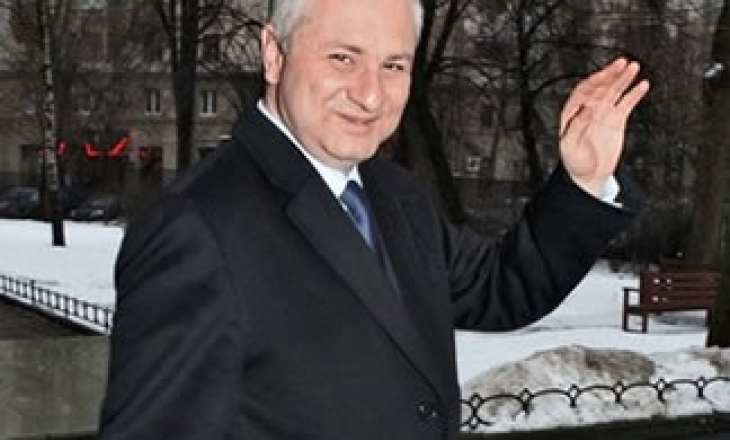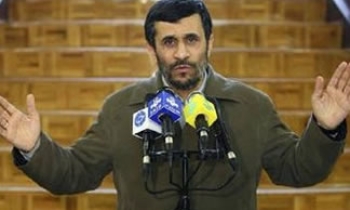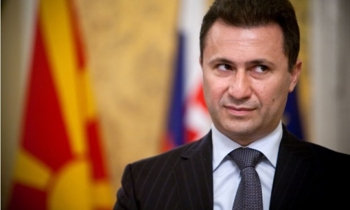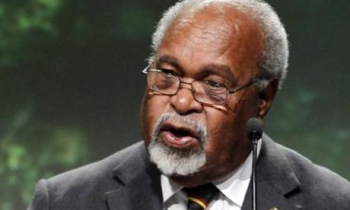If state impunity itself over the scores of unsolved murder cases of journalists in Russia was not enough, press freedom groups now have to even prove that the killings were indeed murders.
The death of Magomed Yevloyev, who succumbed to injuries in hospital after being shot on the temple while in police custody on August 31, had evoked criticism against the government and the police from opposition parties and human rights groups around the world. Yevloyev’s family did not buy the explanation that the police had shot him accidentally, and filed a criminal case in the court of Nazran, capital of the Republic of Ingushetia, Russia.
On December 10, the court rejected the plea to reclassify his death in police custody as murder. This has raised suspicions of the government ways of persecution and control. The lawyer representing Yevloyev’s case, Musa Pliyev says, “This ruling is unlawful...The judge has been under pressure and made the decision directed by her own thoughts not by the law." The family now wants to take the case to the supreme court of Ingushetia.
Yevloyev had created the website Ingushetia.ru to host a neutral collection of materials about the history and culture of the Ingush people. Unbiased at any point in time for any given issue, it was during this research that he was soon to find historical and cultural materials which often reflected explosive political content as well. This eventually made the website a popular source of political materials, counter-terrorist operations, the Ossetian-Ingush conflict, among other things. Along with the mention of abductions and murders in Ingushetia, many of these materials were highly critical of Ingushetia President Murat Zyazikov and his government which eventually made Yevloyev a popular figure in the eyes watchdogs.
Suspicion over the government’s involvement in his murder gained currency when it was learnt that the high-profile journalist had shortly earlier travelled on the same plane as Ingushetian President Murat Zyazikov. Thw two were involved in a heated exchange of words. After the president left, Yevloyev was hurriedly arrested by the police who drove him away.
The opposition parties termed this incident as a political murder. The Organisation for Security and Cooperation in Europe (OSCE) condemned it as an "assassination." the killing triggered mass protests in the North Caucasus republic and his funeral was almost a gathering of an anti-government protest, in which, according to organisers, several thousand had participated.
Soon after Yevloyev's killing, yet another journalist was murdered—Telman Alishayev, a reporter and host for the Islamic television channel TV-Chirkei.
In Ingushetia alone, 16 journalists have been murdered since 2000. Only in one of these cases has teh accused been convicted. Nina Ognianova, Europe and Central Asia programme coordinator for the New York-based Committee to Protect Journalists (CPJ), says, "The vicious string of violence against journalists in the North Caucasus region can only be countered by the resolve of Russian authorities to solve these crimes. We call on police and prosecutors to aggressively investigate.”
Over the past few years, the North Caucasus region has witnessed a disturbing amount of journalist killings. According to CPJ, Russia is the third deadliest country in the world for journalists. The Moscow Helsinki Group reported in late September that the Ingushetia republic was on the verge of an intense civil war between rebels and the government. It also accused federal authorities of torture and abduction.










